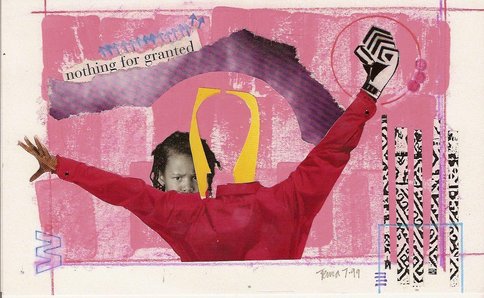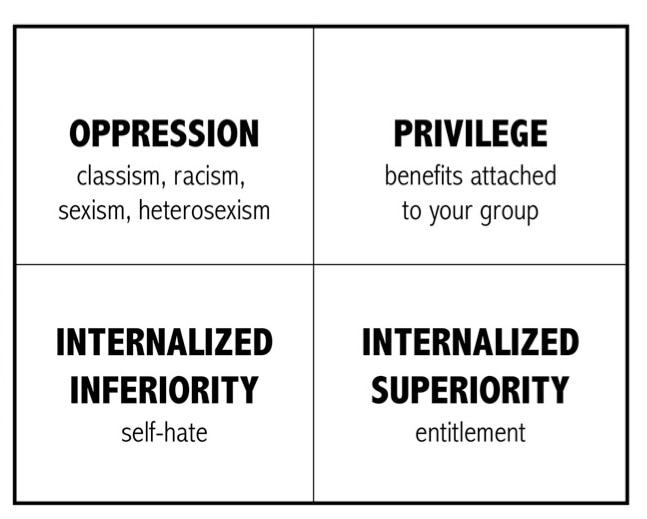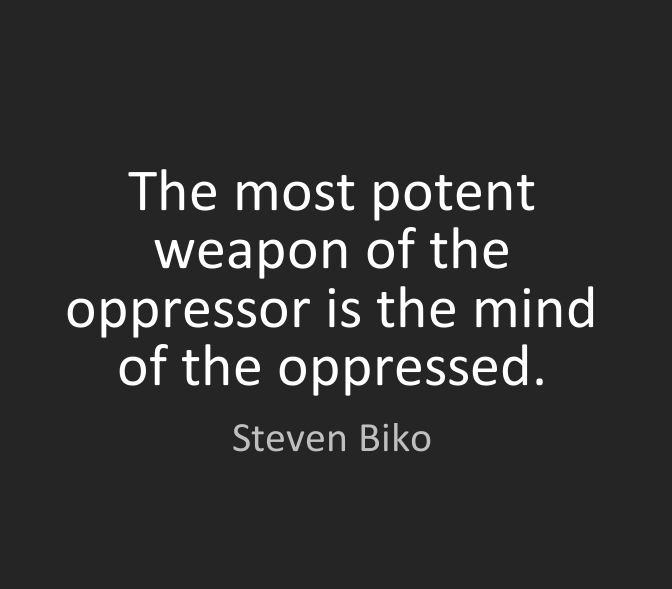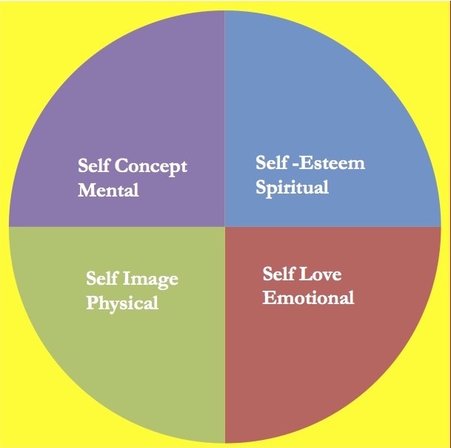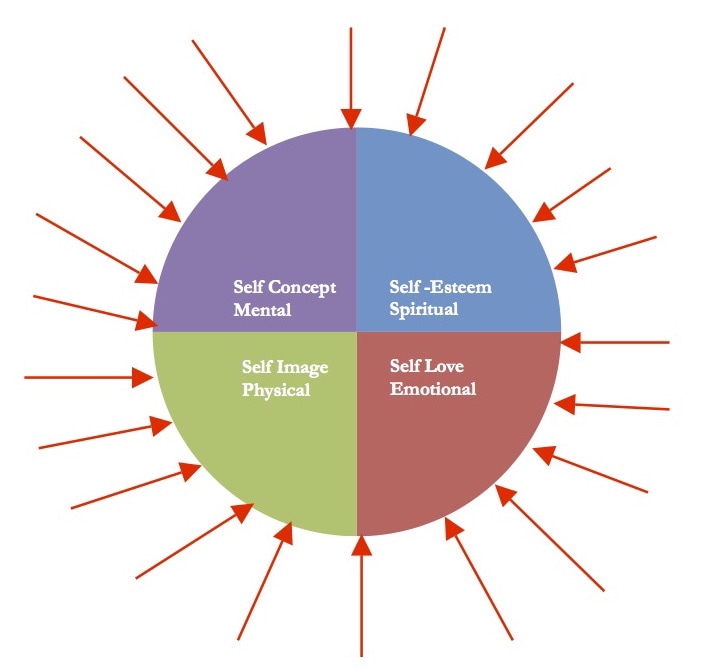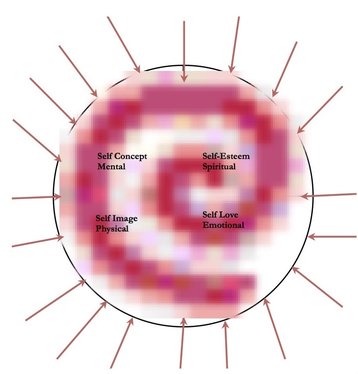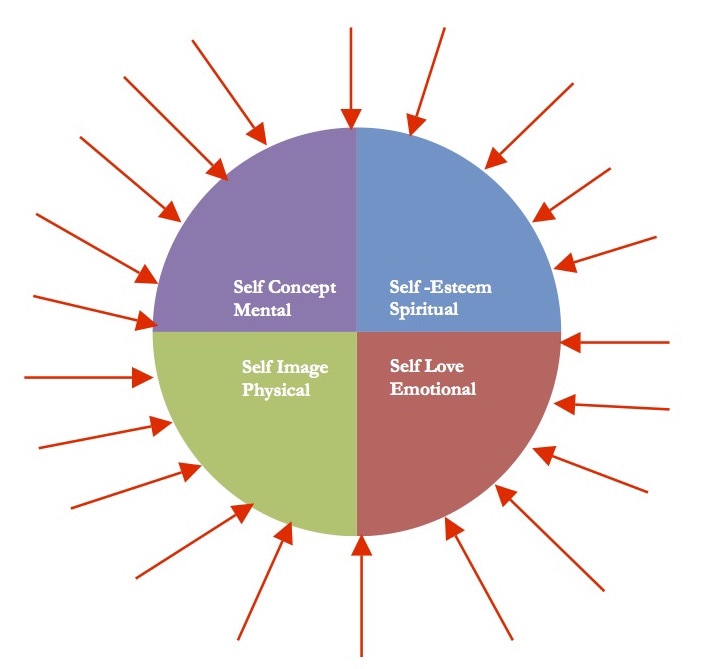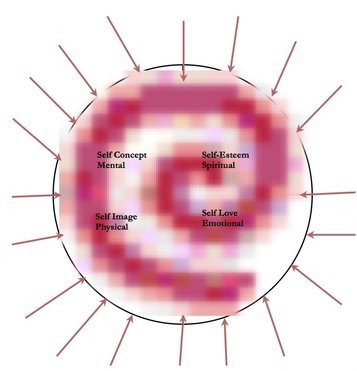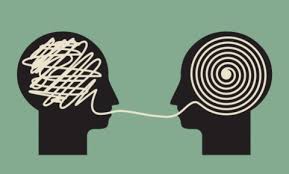I N T E R N A L I Z A T I O N S
Racism not only impacts us personally, culturally, and institutionally.
Racism also operates on us mentally, emotionally, physically, and spiritually.
When racism targets us, we internalize that targeting;
when racism benefits us, we internalize that privileging.
This page investigates how internalized racism operates.
Racism also operates on us mentally, emotionally, physically, and spiritually.
When racism targets us, we internalize that targeting;
when racism benefits us, we internalize that privileging.
This page investigates how internalized racism operates.
4 foundations of racismCONSTRUCTED RACIST OPPRESSION
(affecting BIPOC communities and people)
INTERNALIZED INFERIORITY or RACIST OPPRESSION (affecting BIPOC communities and people)
|
WHITE PRIVILEGE
(affecting white communities and people)
INTERNALIZED WHITE SUPERIORITY (affecting white communities and people)
|
